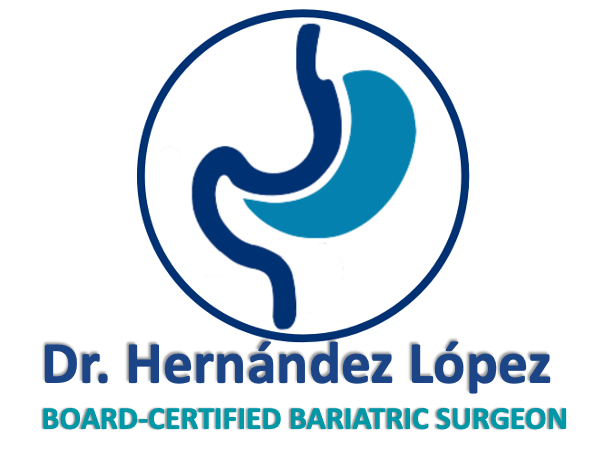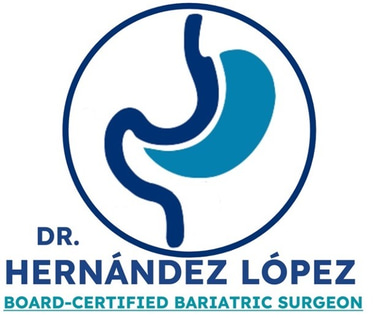Common Types of General Surgery Procedures
General surgery is a surgical specialty that focuses on treating a wide range of medical conditions, primarily related to the alimentary canal and abdominal contents. This includes organs such as the esophagus, stomach, small intestine, large intestine, liver, pancreas, gallbladder, appendix, and bile ducts, as well as, in some cases, the thyroid gland. General surgeons also manage diseases involving the skin, soft tissue, trauma, peripheral artery disease, and hernias. They perform many of the common surgical procedures that individuals may need at some point in their lives, such as treating gallstones, appendicitis, or repairing hernias or prolapses.
General surgery is one of the 14 surgical specialties recognized by the American College of Surgeons. While other surgical specialties may focus on specific areas like the heart or brain, general surgeons typically operate on abdominal organs, the musculoskeletal system, or address multiple injuries. Their scope of practice can vary depending on their work environment. In larger medical centers, certain procedures might be delegated to surgical specialists, whereas in smaller centers with fewer specialists, general surgeons may handle a broader range of surgeries. This adaptability makes general surgery a versatile and essential field within the medical profession.
You should consult a general surgeon when you have medical conditions or issues that require surgical intervention, particularly those related to the abdominal organs, digestive system, or other areas within their scope of practice. Common reasons to see a general surgeon include:
Gallbladder issues, such as gallstones or inflammation (cholecystitis).
Appendicitis, which often requires the removal of the appendix.
Hernias, such as inguinal, umbilical, or hiatal hernias that need repair.
Soft tissue infections or abscesses that require drainage or surgical treatment.
Skin lesions or tumors that require excision.
Trauma or injuries that may need surgical repair.
Digestive system problems, such as bowel obstructions, ulcers, or problems affecting the stomach, intestines, or colon.
Thyroid surgery, also known as a thyroidectomy, is a surgical procedure that removes all or part of the thyroid gland. The thyroid is a butterfly-shaped gland in the neck that produces hormones that regulate metabolism and other bodily functions.
If your primary care physician or another specialist recommends surgery for any of these conditions, they will likely refer you to a general surgeon for evaluation and treatment. Always consult with your doctor first to determine if seeing a general surgeon is necessary for your specific situation.






